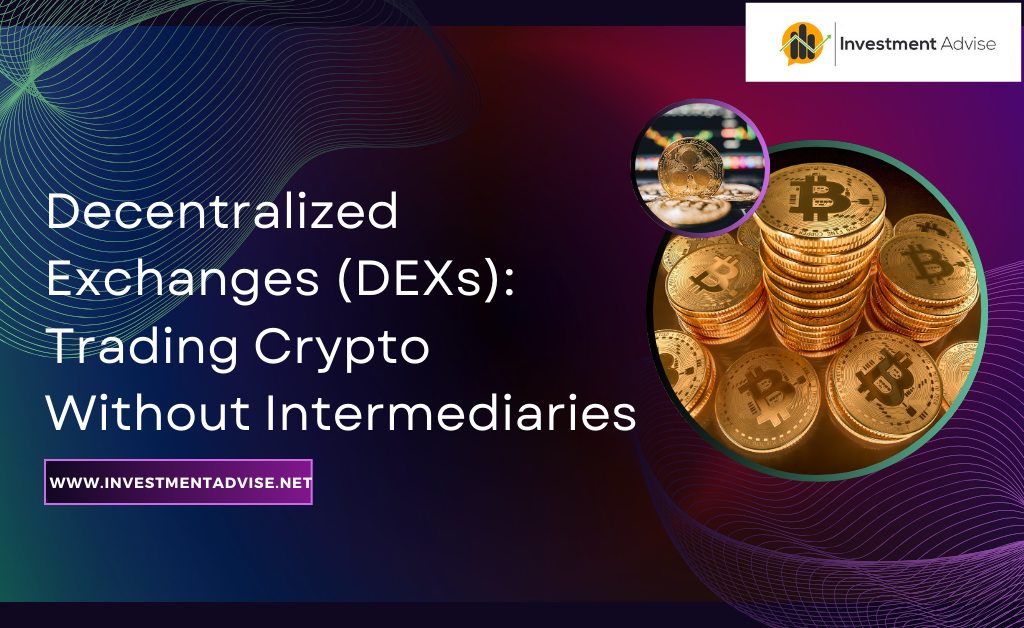The cryptocurrency landscape is characterized by its relentless pursuit of decentralization, and decentralized exchanges (DEXs) epitomize this ethos. Unlike traditional centralized exchanges (CEXs) that act as intermediaries, DEXs empower users to trade directly with each other, bypassing the need for a central authority. This peer-to-peer approach offers a host of advantages, from enhanced security and privacy to greater control over funds.
How DEXs Work?
At the core of DEXs lies blockchain technology and smart contracts. These self-executing contracts, written in code, automate the trading process. Instead of relying on a centralized order book, DEXs utilize liquidity pools. These pools contain various cryptocurrency pairs, and traders provide liquidity by depositing funds into them. When someone wants to trade one cryptocurrency for another, they interact with the liquidity pool, swapping tokens based on the current price determined by the pool’s balance.
Key Advantages of DEXs
- Decentralization: The most prominent benefit is the absence of a central authority. This eliminates counterparty risk, as users retain custody of their private keys.
- Security: By removing intermediaries, DEXs reduce the potential for hacks and theft. While not entirely immune to vulnerabilities, the decentralized nature makes it harder for malicious actors to compromise the entire system.
- Privacy: DEXs typically do not require Know Your Customer (KYC) or Anti-Money Laundering (AML) procedures, offering users a higher degree of anonymity.
- Censorship Resistance: DEXs are resistant to censorship as they operate on open, public blockchains. Governments or entities cannot easily interfere with trades or freeze accounts.
- Accessibility: DEXs can provide access to a wider range of cryptocurrencies, including those that may not be listed on CEXs.
Challenges and Considerations
While DEXs offer significant advantages, they also come with certain challenges.
- Liquidity: Compared to CEXs, DEXs often have lower liquidity, meaning it might be difficult to execute large trades without impacting prices significantly.
- User Experience: DEXs can be more complex to use for beginners compared to CEXs, which often provide user-friendly interfaces.
- Security Risks: While DEXs are generally more secure, users still need to protect their private keys to prevent unauthorized access to their funds.
- Regulatory Uncertainty: The regulatory landscape for DEXs is still evolving, and compliance with varying regulations can be complex.
The Future of DEXs
Despite the challenges, DEXs have immense potential. Ongoing advancements in blockchain technology and the growing adoption of decentralized finance (DeFi) are driving innovation in the DEX space. As liquidity improves and user experience enhances, DEXs could become the preferred trading platform for many cryptocurrency enthusiasts.
In conclusion, decentralized exchanges represent a significant step forward in the evolution of cryptocurrency trading. By offering decentralization, security, privacy, and accessibility, DEXs have the potential to reshape the financial landscape. However, it’s essential to carefully consider the advantages and disadvantages before choosing a DEX. As the technology matures, DEXs are likely to play an increasingly important role in the cryptocurrency ecosystem.














